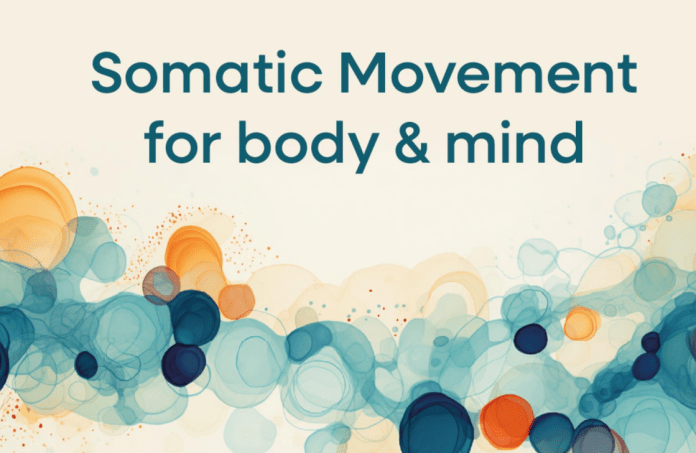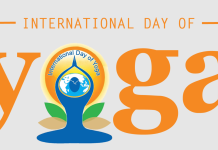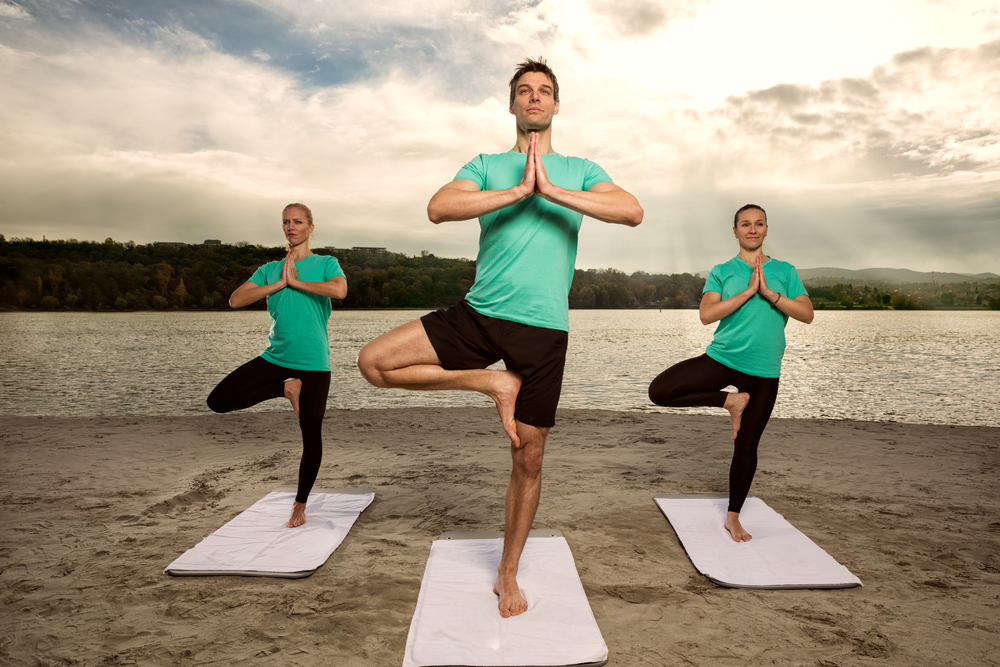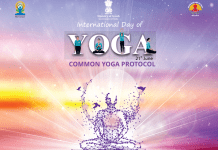Discover the Benefits of Somatic Movement for Health and Wellbeing
In 1976, professor and theorist Thomas Hanna coined the term “Somatics,” which has since come to represent a field of movement studies and bodywork emphasizing the internal physical sensations, perceptions, and experiences of the body. Unlike traditional workouts focused on external goals, somatic exercises prioritize how your body feels, promoting a deep connection between mind and body. These exercises can profoundly impact both physical and mental health.
Somatic movement involves performing exercises with complete internal focus and attention. It’s not about meeting specific fitness goals but about connecting your emotions to your physical sensations, and helps people tune into their bodies, release built-up emotions, let go of trauma, and manage mental health. Unlike exercise aimed at improving strength or endurance, somatic movement is about movement for its own sake and internal connection.
Types of Somatic Movement
Somatic movement can take many forms, including breathwork, yoga, tai chi, dance, and more. These practices share an emphasis on the mind-body connection and moving intentionally. Here are some examples:
- Somatic Stretching: This involves holding stretches and breathing into them, focusing on how the stretch makes your body feel.
- Mind-Body Exercises: Yoga, martial arts, tai chi, and dance are all forms of somatic movement, where the emphasis is on internal sensations and emotions.
The Fundamentals of Somatic Exercises
Somatic exercises can be categorized into calming and activating practices, depending on your body’s needs:
- Calming Practices: Techniques like body scans help you become aware of tension or pain in your body. These exercises are slow and mindful, allowing you to release tension without any time constraints.
- Activating Practices: Free-form dancing and full-body stretching bring more energy and movement into the body, combining mindfulness with fun.
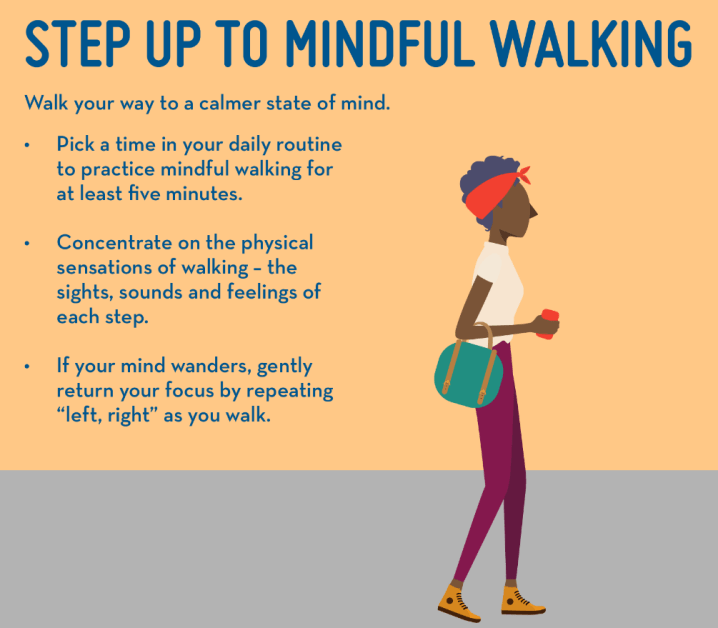
Benefits of Somatic Movement
- Relief from Chronic Pain
Research shows that somatic movement can significantly reduce chronic pain. For example, a study found that people with chronic pain who practiced somatic movement regularly experienced an 86% reduction in pain days compared to those who didn’t.
- Increased Flexibility and Mobility
Somatic stretches, yoga, and tai chi can enhance flexibility, balance, and mobility, contributing to pain relief and better physical function.
- Reduced Anxiety and Mood Enhancement
Somatic movement focuses on identifying physical manifestations of emotions, like tension in the shoulders or a knotted stomach. Breathwork and meditation, common in somatic practices, can lessen anxiety and boost mood.
- Relaxation
Practices like yoga and breathwork can slow the breath and heart rate, promoting relaxation and helping to shift the body out of fight-or-flight mode.
- Trauma Healing
Preliminary research suggests somatic exercises may aid in trauma recovery, particularly for conditions like PTSD. However, more studies are needed, and these exercises should complement, not replace, traditional therapies.
- Emotional Awareness
Somatic movement helps you become more attuned to your emotions and how they manifest physically, promoting a deeper mind-body connection and emotional intelligence.
Simple Somatic Exercises to Try

- Cathartic Movement: Shake your body to release stress. This primal instinct helps let go of tension.
- Diaphragmatic Breathing: Engage the diaphragm fully to breathe deeply, promoting relaxation and reducing heart rate.
- Self-Hug: Squeeze yourself tightly, then release, to relieve tension.
- Mindful Walking: Walk with awareness, paying attention to each step and your body’s sensations.
- Super Slow Strength Training: Perform resistance exercises slowly and mindfully, focusing on muscular control and sensations.
Somatic exercises offer a unique and profound approach to physical and mental well-being by prioritizing internal sensations and the mind-body connection. Whether through gentle stretching, mindful movement, or breathwork, these practices can help relieve pain, reduce stress, and enhance emotional awareness, making them a valuable addition to any wellness routine.


